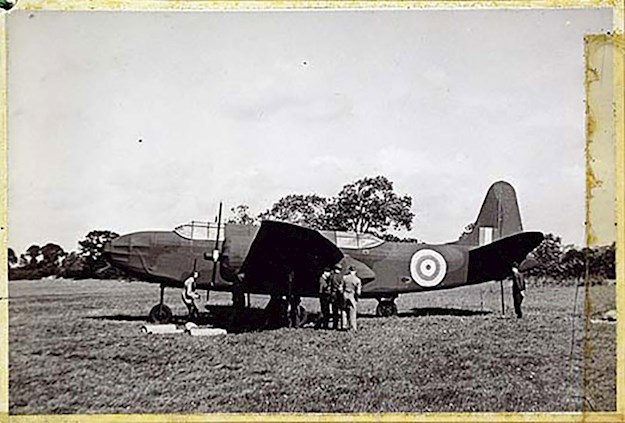One of the War’s greatest deception operations
As D-Day approached, Kent became the stage for one of the War’s greatest deception plans, Operation Fortitude South. In order to mislead the German army and conceal the real location of the Allied invasion of Western Europe, extensive military preparations were made around Dover. But it was all fake.
Operation Fortitude sought to mislead the German army and conceal the real location of the foreseen Allied invasion of Normandy (June 1944). Operation Fortitude North was designed to give the impression of an impending Allied invasion of Norway, while Operation Fortitude South was to develop a mock invasion at Pas-de-Calais, all working to divert German troops away from Normandy.
For the Germans, Pas-de-Calais looked to be the obvious place for an Allied invasion into Europe, offering the shortest route across the Channel. A fictitious 1st U.S. Army Group (FUSAG) was placed in Kent, supported by the construction of roads, bridges, buildings, airfields and embarkation points where dummy airplanes and landing crafts were stationed. Even false radio transmissions were made.
A decrypted transmission from the Japanese Ambassador to his government, recounting a conversation with Hitler, revealed that the Germans indeed expected an Allied invasion via the Straits of Dover. On 5 June 1944, a mock invasion was launched from Dover, while the real invasion on 6 June, Operation Overlord, successfully delivered 185.000 troops across to Normandy.
Even long after the Normandy landings, Adolf Hitler retained his best troops in Pas-de-Calais, expecting an even larger invasion at a later date.

